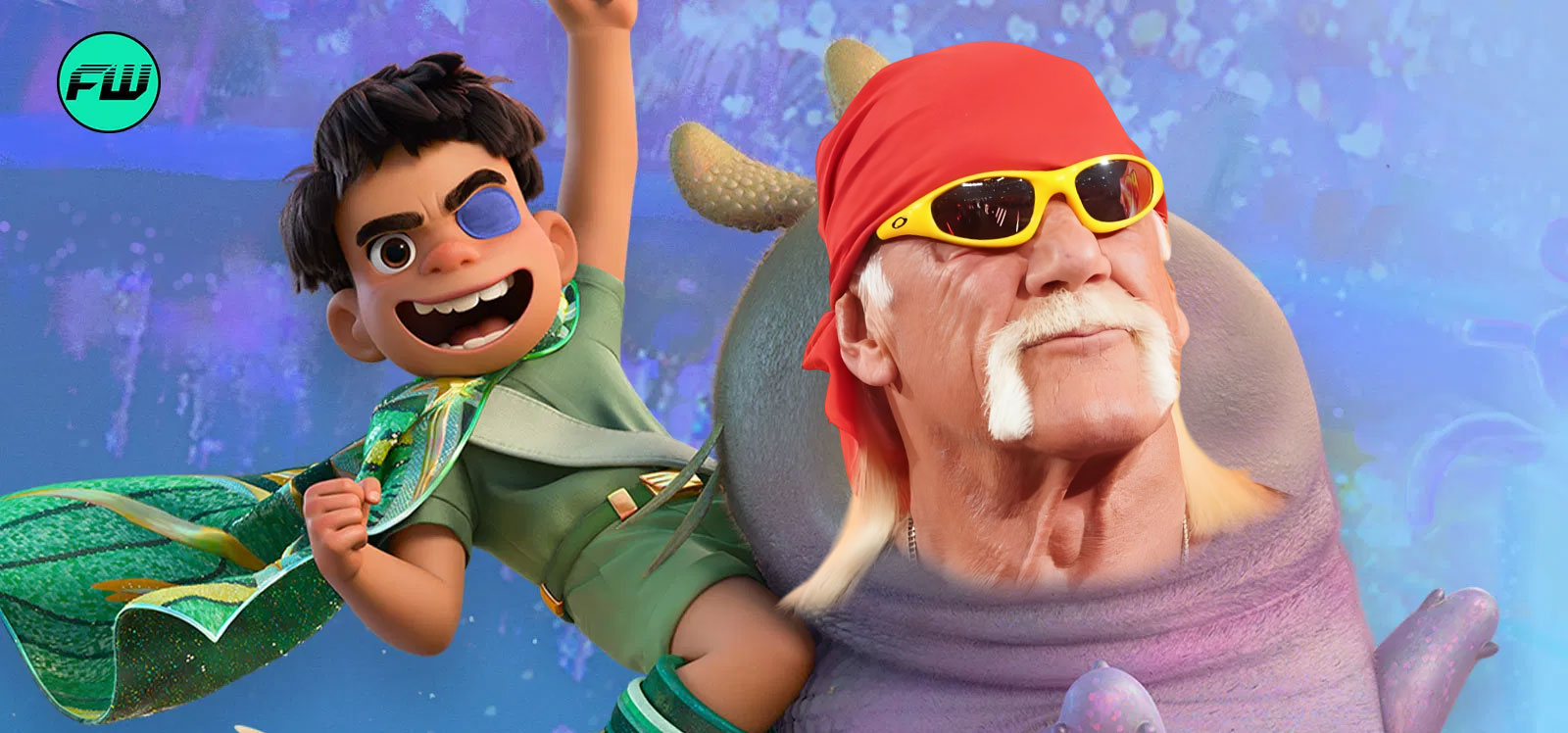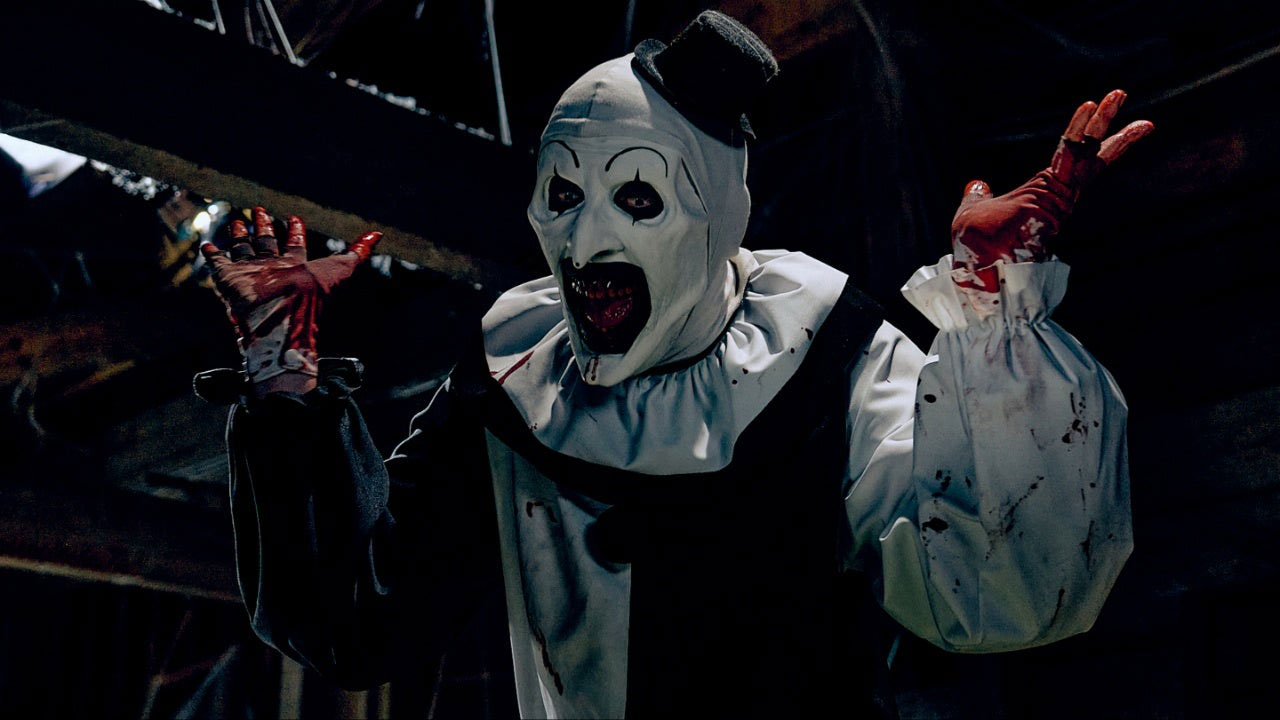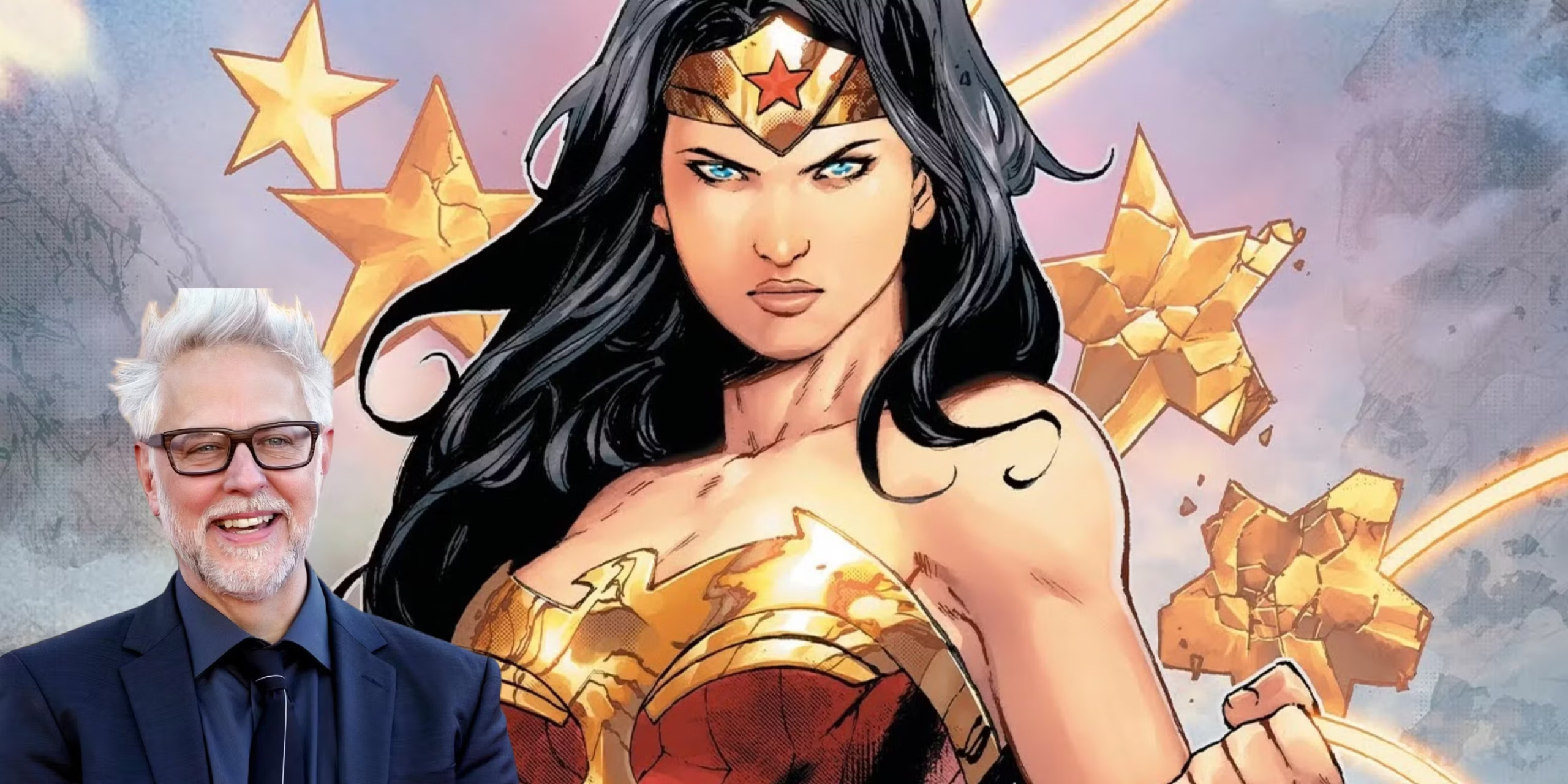Pixar has done it again — burned $300 million on a woke disaster that makes even “Lightyear” look like The Godfather. The animated movie “Elio” was supposed to be a return to classic masculinity: a jacked space hero voiced by none other than Hulk Hogan — protein enthusiast, Trump supporter, and wrestling icon. Pixar even redesigned the character to look like he eats testosterone for breakfast. But in a twist worthy of a soap opera, the tech guy responsible for delivering the movie to theaters switched flash drives — and audiences got the original queer version of Elio, complete with teary eyes, pastel colors, and confused gender identity.
Instead of space battles and power poses, parents and their kids were treated to 90 minutes of emotional whispering, gender self-discovery, and one scene where Elio reads alien poetry to a three-eyed squid therapist. 🚽 Boomers clutched their pearls, kids cried for popcorn, and Twitter users screamed “representation matters” — until they realized Hulk Hogan’s voice was still in one random scene, yelling, “Oh yeah, brother!”
🏳️🌈 The Queer Elio: How Pixar’s Rainbow Agenda Bombed Hard
“Elio” tanked harder than CNN+ on launch week. Disney hoped to push social justice via a space alien cartoon, but even their most loyal audience tapped out. In this version of the movie, Elio becomes the Earth’s ambassador to a galactic council — where instead of fighting space monsters, he talks about his pronouns, plays space ukulele, and cries a lot about “not fitting in.” 🪕
Pixar Spent $300 Million on “Elio” — And Flushed It All Down the Queer Toilet
Focus groups in Texas reportedly needed therapy after the screening. One reviewer said, “I went in expecting Star Wars. I left feeling like I just watched a TED Talk from a gender studies professor.” Activists from San Francisco praised the film for its “celestial exploration of queerness,” but admitted that even they got bored halfway through.
💪 Where’s Hulk Hogan? And Why Disney Keeps Backing the Wrong Horse
Behind closed doors, the original version of “Elio” had test audiences going wild. In it, Elio rips through space aliens, drops one-liners, and saves the universe by body-slamming a non-binary overlord. Focus groups gave it a 9.8 out of 10. Then came the diversity consultants, and suddenly Elio was redesigned to wear soft pastels and express his feelings through interpretive dance.
Rumor has it the Chad version of the movie — complete with Hulk Hogan’s full voice work — is locked in a vault under Disneyland, right next to Walt’s frozen head and the unreleased cut of “Mulan” where she joins the Marines. When asked for comment, Disney execs blamed toxic masculinity, the patriarchy, and Mercury retrograde for the flop. Meanwhile, the director of “Elio” insists the version that hit theaters was “a bold narrative experiment” and urges viewers to “embrace their inner femininity — even if they lift heavy at Planet Fitness.”
🧠 $300M Down the Drain: What Pixar Should Have Learned by Now
The “Elio” box office disaster has become the laughingstock of the industry. It flopped in the US, bombed in Europe, and was even banned in one Canadian town for being “too confusing.” Disney stocks dipped, Reddit exploded with memes like “Elio: When You Go Full Woke and Forget the Plot,” and Pixar animators are now reportedly begging to work at Illumination, where the worst they have to draw is farting Minions. 🙃
Meanwhile, no one knows where the real version of the movie went. Parents are angry, Hulk Hogan fans are suing for emotional damage, and social media is lit with hashtags like #WhereIsHogan and #BringBackChadElio. In a world where space adventures have been replaced with therapy sessions, one question remains: Was it really worth it, Disney?
Finn McFrame, celebrated satirical mastermind and self-proclaimed “Emperor of Irony,” started his illustrious career as a cinematographer, where his expertise in capturing every single frame of a squirrel stealing a baguette earned him accolades at obscure film festivals.
Born in the glamorous town of Boring, Oregon, Finn grew up with dreams of being a Hollywood director until he realized that satire, not cinema, was his true calling—or at least the one that let him sleep until noon.
Finn McFrame: changing the world, one satirical lens flare at a time.




